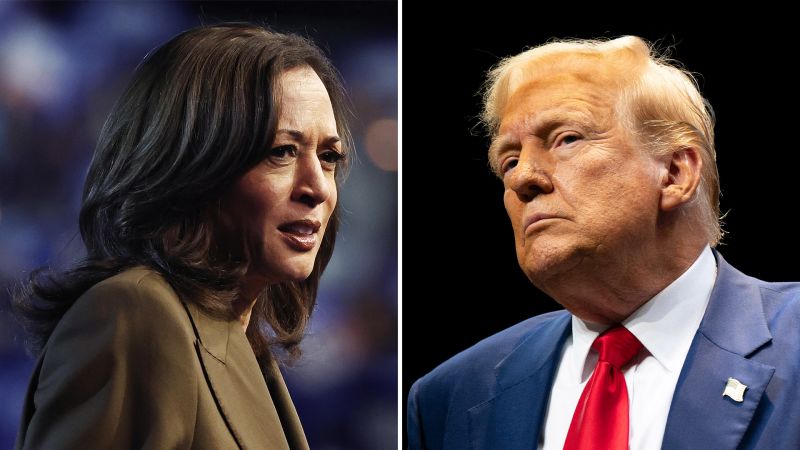Arab American Advocates Urge Vice President Harris to Reassess Israel Policy
In a notable moment during a recent campaign rally in Flint, Michigan, Vice President Kamala Harris found herself in a side room, engaged in a crucial dialogue with Arab American advocates. This meeting, which extended beyond its scheduled ten minutes to twenty, was a platform for these advocates to voice their concerns regarding President Joe Biden’s Israel policy and to urge Harris to take a more assertive stance in advocating for an end to the ongoing war in Gaza.
A Call for Change
The conversation was spearheaded by Wa’el Alzayat, the CEO of Emgage Action, an organization dedicated to increasing the political participation of Muslim Americans. Alzayat emphasized the urgency of their message: the need for Harris to delineate her future governance from the current administration’s policies, which many in the Arab American community find unsatisfactory. While Harris did not make any explicit promises during the meeting, she expressed her desire for the conflict to end and assured the advocates that she would do everything within her power to work towards that goal.
Understanding and Inclusion
Harris’s commitment to inclusivity was a focal point of the discussion. Alzayat reported that she pledged to collaborate with the Arab American community and acknowledged their concerns. He conveyed her optimism that if she were to win the presidency, she would be able to fulfill the community’s expectations and deliver on the issues discussed. This sentiment of hope resonated with the advocates, who are seeking a more nuanced approach to U.S. foreign policy in the Middle East.
Context of the Meeting
The backdrop of this meeting is critical. It comes at a time of heightened frustration regarding Harris’s responses to Israel’s recent military actions, particularly in Lebanon. Many advocates feel that her campaign has not adequately engaged with critical voices within the community. This sentiment is compounded by the reality that, as Vice President, Harris does not have the authority to set U.S. foreign policy, a role that traditionally falls to the President. This limitation adds complexity to her ability to address the concerns raised by the Arab American community.
Escalating Conflict and Community Pressure
The urgency of the advocates’ message is underscored by the escalating conflict in the region. The ongoing Israel-Hamas war has expanded into a multifront conflict, with Iran launching missiles at Israel and Iranian-backed groups in Lebanon and Yemen becoming increasingly involved. Prominent Arab American organizations are amplifying their calls for a reassessment of U.S. foreign policy, demanding a more proactive stance in seeking peace and stability in the region.
The Road Ahead
As the political landscape continues to evolve, the dialogue between Harris and the Arab American advocates highlights a critical intersection of community activism and political accountability. The advocates are not merely seeking a sympathetic ear; they are calling for tangible changes in policy that reflect their values and concerns. The outcome of this engagement may have significant implications for the future of U.S. foreign policy in the Middle East, particularly as the 2024 presidential election approaches.
Further Reading
For those interested in delving deeper into the discussions between Arab American advocates and Vice President Harris, additional insights can be found in the coverage of their meeting, which sheds light on the broader implications of their dialogue and the ongoing challenges faced by the community in the current political climate.
